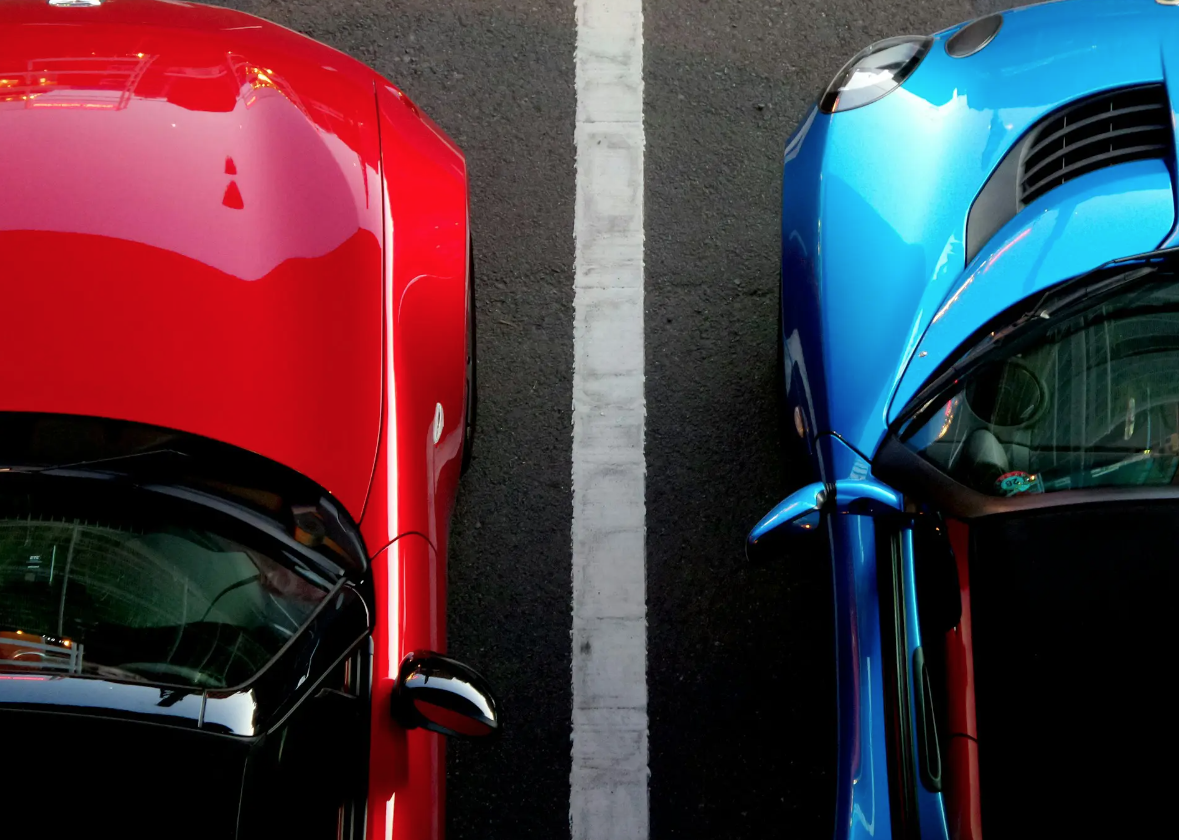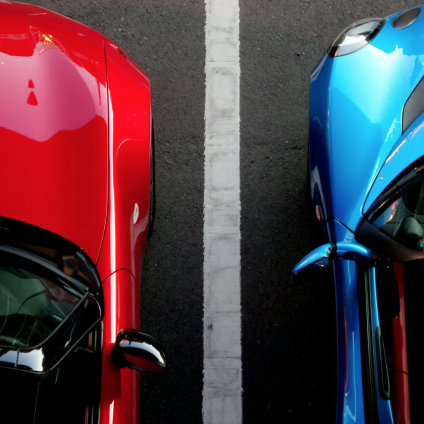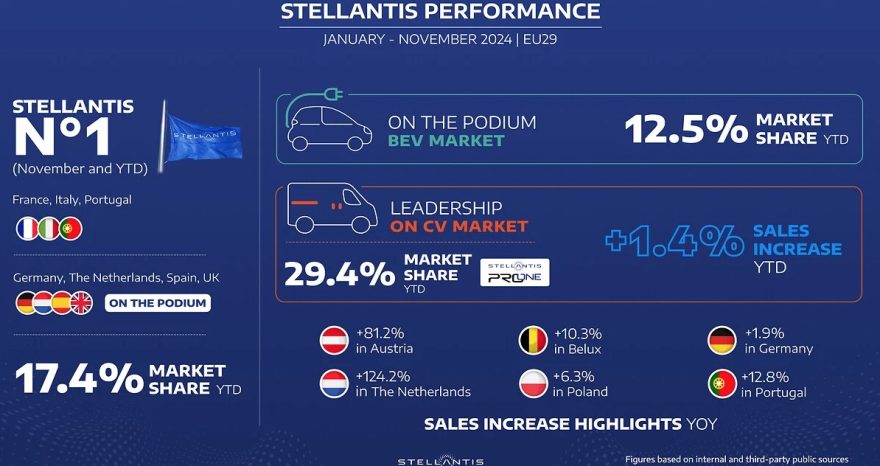The downward trend started in 2020, after 4 years of increases in average emissions, has been confirmed. For the 1st time, the European fleet falls below the peak levels of 2019 at 108.1 gCO2/km. 90 out of 91 car homes have met the individual targets set by Brussels. The exception is Bugatti, which registered only 10 vehicles in 2022. But the market share of diesel and gasoline is still too high, warns the EU Environment Agency
New EEA data on average emissions of newly registered cars
– In 2022, the average CO2 emissions of newly registered cars in Europe fell below the levels of 2019, reaching 108.1 gCO2/km. The main reason is “the increasing share of electric vehicles”, from 19% in 2021 to 23% in 2022 (counting both full-electric and plug-in hybrid vehicles. This is announced by the EU Environment Agency (EEA) releasing the latest data on EU car emissions.
The downward trend in emissions from new cars in Europe is well-established, although slowing in the last year. This confirms the reversal of the trend reported, that between 2016 and 2019, EU car emissions grew after 15 years of consecutive decline. From 118 gCO2/km in 2016 it had risen to 122.3 in 2019.
EU car emissions target reached 2024
Compared to the previous year, EU car emissions on average fell by 12% in 2020, 12.5% in 2021 and 5.3% in 2022. The new European regulation on EU car emissions of 2019 has set a European fleet target of 95 gCO2/km for the years 2020-2024 when calculated with the NEDC system, which is equivalent to 115,1 gCO2/km for the WLTP procedure. The 2022 figure at 108 gCO2/km is calculated using the latter procedure.
Further efforts to promote e-mobility will, however, be needed to further bend the emission reduction curve downwards and achieve the intermediate targets towards the zero emissions target for newly registered cars by 2035. By 2029 it will be necessary to reduce to 93.6 g/km, that is to obtain a reduction of 15% compared to 2021, and then to 49.5g/km between 2030 and 2034.
If the trend is positive, the EEA notes that the market share of endothermic cars is still very high. “Gasoline cars continued to be the best-selling type of fuel in 2022, making up half of all new registrations, while diesel cars accounted for 19%,” reads the agency’s report.
However, virtually all car manufacturers in Europe (90 out of 91) have met the average emission reduction targets for their vehicles. The only exception is Bugatti, which registered just 10 vehicles across the continent in 2022. Among the best, the EEA reports Tesla-Honda-Jaguar Land Rover with average CO2 emissions equal to 49.9 gCO2/km, followed by Kia with 100 gCO2/km and Hyundai, Stellantis, Renault-Mitsubishi and BMW with 100-105 gCO2/km. Among the most popular car manufacturers from Europeans, those with over 300 thousand new registrations in 2022, the two best are PSA with 94.1 gCO2/km and FCA with 95.3 gCO2/km.













